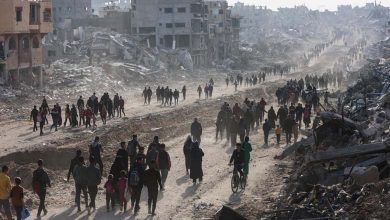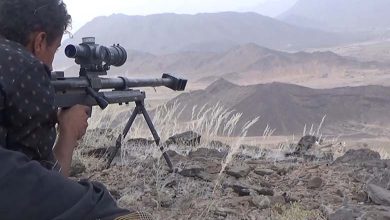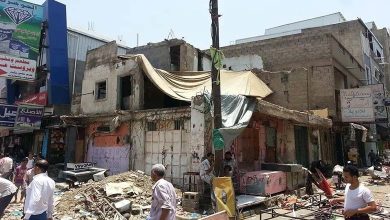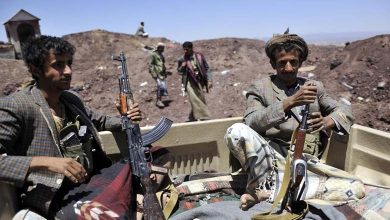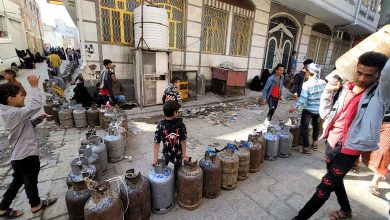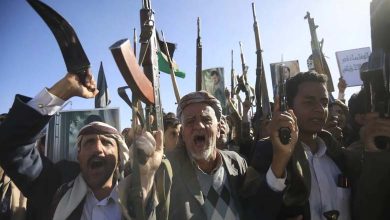Hamas Denies Progress in Prisoner Swap Negotiations with Israel
Israeli media confirms the return of the negotiating delegation from Cairo to assess the progress in the talks
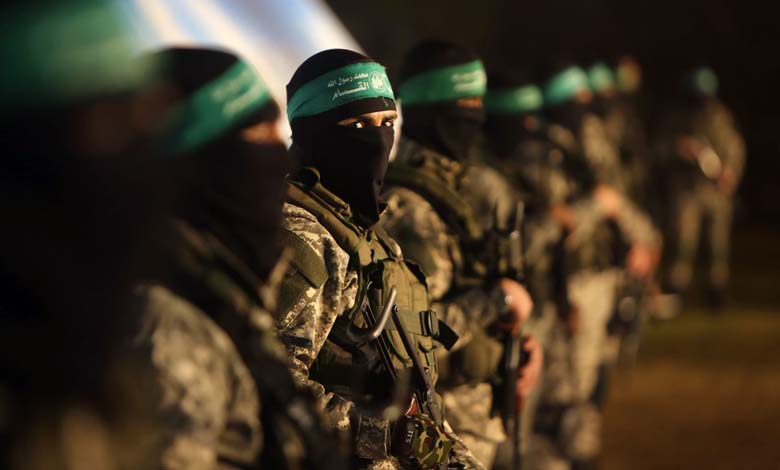
A Hamas official denied on Monday what had been circulating in Egyptian media about progress made during a new round of ceasefire talks in Cairo, attended by delegations from Qatar, the United States, and Israel, while Israeli media reported conflicting information.
The official, who requested anonymity, stated, “There is no change in the occupation’s positions, so there is nothing new in the Cairo negotiations,” adding, “There has been no progress so far.”
The talks held in the Egyptian capital had achieved “significant progress,” as fears of a military operation in Rafah escalated following the Israeli army‘s withdrawal from Khan Younis. The channel cited an unnamed “high-level Egyptian source” stating that “Egypt confirms the continuation of efforts to reach a ceasefire agreement in the Gaza Strip, with notable progress in reaching agreement on several contentious points.”
For weeks, Egyptian, Qatari, and American mediators have been attempting to reach a ceasefire agreement in the war that has been ongoing since October 7 between Hamas and Israel, following an unprecedented attack by the Palestinian movement against the Israeli state. The ceasefire is expected to include the release of hostages held in Gaza and Palestinian detainees in Israeli prisons.
The Egyptian channel reported that the American and Israeli delegations will leave Cairo in the coming hours, while consultations will continue over the next 48 hours.
According to the same source, the Qatari and Hamas delegations also left Cairo, but they will return “in two days to agree on the provisions of the final agreement,” confirming that “there is progress in the negotiations and agreement on the main points between all parties,” emphasizing that “the round of negotiations in Cairo is witnessing significant progress in narrowing differences.”
On the other hand, Hebrew media reported on Monday conflicting information about the fate of the negotiations, announcing the return of the negotiating team from the Egyptian capital, Cairo.
Private media outlets, including Channels 12 and 13, as well as the “ynet” news website, reported the return of the Israeli delegation from Cairo due to conflicting reports about the progress of the negotiations.
Israel’s official broadcasting authority stated Monday, “In Israel, officials have officially refused to comment on reports of progress in the negotiations,” citing an unnamed Israeli source stating that “it will only be possible, in the coming hours and days, to know if there has indeed been any progress, even minor.”
It noted that the head of the foreign intelligence agency (Mossad), David Barnea, and the head of the domestic security agency (Shin Bet), Ronen Bar, met Sunday with the head of the CIA and the Prime Minister of Qatar, following a meeting of the Hamas delegation with Egyptian and Qatari mediators.
It also quoted another unnamed diplomatic source as saying, “All parties are showing greater flexibility than before, and American pressure is important to reach an agreement.”
For its part, the “ynet” Hebrew website quoted an informed source from the negotiations, unnamed, saying, “It is expected that Hamas will make significant concessions, and the United States is pressing hard for a solution.”
It added, “The United States is not prepared to accept less than a prisoner exchange and a ceasefire, and there is enormous American pressure on Qatar and Egypt to exert pressure and threats on Hamas.”
Several rounds of negotiations have taken place in recent months through international mediators: Egypt, Qatar, and the United States, but they have not yet resulted in an agreement. Hamas and Israel accuse each other of obstructing efforts to reach an agreement.
On the ground, dozens of displaced Palestinians returned from Rafah to Khan Younis on Sunday, immediately after the Israeli army withdrew, preceded by airstrikes on both cities.
Images showed men and women walking in a city that had become a field of ruins, on foot, by car, or on carts pulled by donkeys.
Mohammed Younis, 51, a father of six children living in Beit Lahia in the northern Gaza Strip, where hunger and food shortages are more urgent, said, “What can I say? Animals live better than us,” adding, “What do they (the Israelis) want more than what they’ve already done? Six months, meaning half a year and the bombing and starvation continue. Whoever didn’t die from the bombing dies from hunger.”
The war erupted on October 7th with an unprecedented Hamas attack on southern Israel, killing 1,170 people, mostly civilians, according to a count by Agence France-Presse based on official Israeli figures.
During this attack, about 250 people were abducted, with 129 still held hostage in Gaza, and it is estimated that 34 of them have been killed, according to Israeli official estimates.
Israel has responded vowing to “end” Hamas, launching since then an intensive bombing campaign and a wide-ranging ground offensive, which according to the Hamas Health Ministry resulted in 33,175 deaths, mostly women and children, and left massive destruction.





